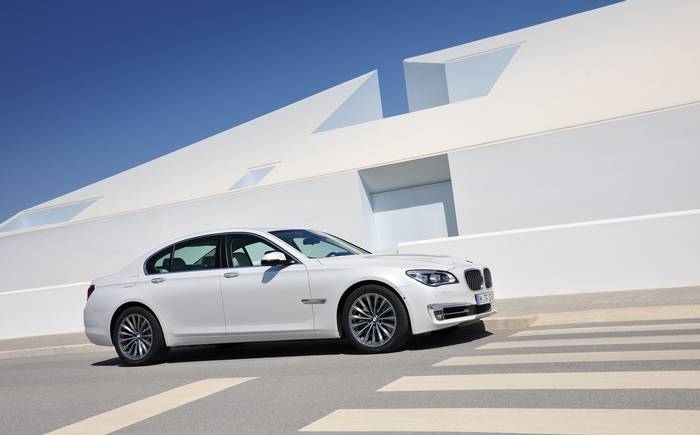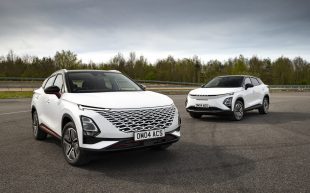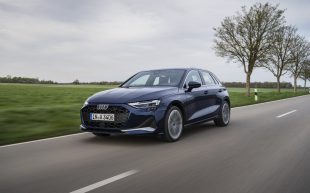BMW 7-series F01/F02 review (2008 - on)
A Mercedes S-class is better

What is the BMW 7-series?
In the world of luxury saloons, the BMW 7-series is Cliff Barnes to the Mercedes S-class’s JR Ewing. The big BMW seems to have it all in theory yet consistently proves unable to deliver in practice, thus allowing its nemesis always to stay that one vital step ahead. Though three petrol engines are available including a plutocratic 6.0-litre V12 for the 760iL, all bar a smattering of UK 7-series will be powered by a 3-litre diesel engine with either 254bhp or 309bhp depending on whether you choose the 730d or 740d. Opposition comes not only from Mercedes, but also the Audi A8 and, most convincingly, the Jaguar XJ. Like all its competitors, the 7-series is available in both standard and long wheelbase configuration.
The drive
The single biggest issue for the 7-series over the 35 years and five generations it has lived through is that it’s always been caught between the sporting aspirations of the marque and the luxury imperative of its class. And without exception, the car has always come down on the side of the brand. Hence, the criticisms that the 7-series tries too hard to be fun to drive and not enough on providing the long-distance comfort essential for success in this class. That’s still true.
Search for and buy a used BMW 7 Series on driving.co.uk
So while the bestselling 730d has good performance and excellent handling for its size, these attributes are more than offset by its ride quality, which is comprehensively bested by the Mercedes Benz S-Class. The fact that the BMW is slightly better to punt down a decent road comes as scant consolation, almost like discovering a Lamborghini is a better off-roader than a Ferrari. This is not what these cars are for.
The interior
The 7-series interior is probably the most ergonomically efficient in its class, but so too is it the most soulless. Where earlier Sevens infuriated with their first-generation iDrive controllers, the modern car offers a lesson to all in how to present information as clearly as possible. What’s lacking is any sense of occasion. There’s no warmth in the cabin, no delightful little touches of the kind you’ll find all over the interior of a Jaguar XJ. Nor is the 7-series especially spacious. Indeed if you want significantly more rear legroom than that already provided by the 5-series, you’ll need to trade up to the long wheelbase model and, come what may, it’ll have a smaller boot.
What to look out for buying a used BMW 7-series
Some previous generations of 7-series have proved to be rather less dependable than their owners would have liked and expected, but so far this edition is proving reliable. Some 750i owners have found their oil pumps wear and make an annoying whining noise, but that’s about it. There have been three recalls for this generation of 7-series, two of them over the risk of an electrical short circuit in diesel models. Some early cars, petrol and diesel, were also recalled because of the potential for brake servo failure.
The One to Buy
BMW 730d
Factfile
- Engine:
- 2979cc, six cylinders
- Power:
- 254bhp@4000rpm
- Torque:
- 413 lb ft@1500rpm
- Transmission:
- 8-speed auto
- Acceleration:
- 0-62mph in 6.1sec
- Top Speed:
- 155mph
- Fuel
- 50.3mpg
- CO2:
- 148g/km
- Road Tax Band:
- F
- Dimensions:
- L 5072mm, W1902mm, H 1479mm
Or For Similar Money
- Bentley Continental Flying Spur (Check Bentley Continental used car prices on driving.co.uk)
- Mercedes-Benz S class (Check Mercedes-Benz S class used car prices on driving.co.uk)
- Jaguar XJ (Check Jaguar XJ used car prices on driving.co.uk)




